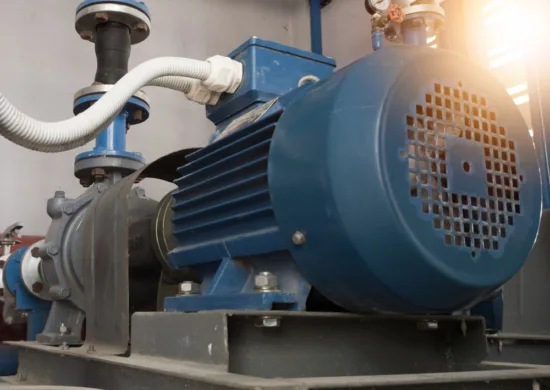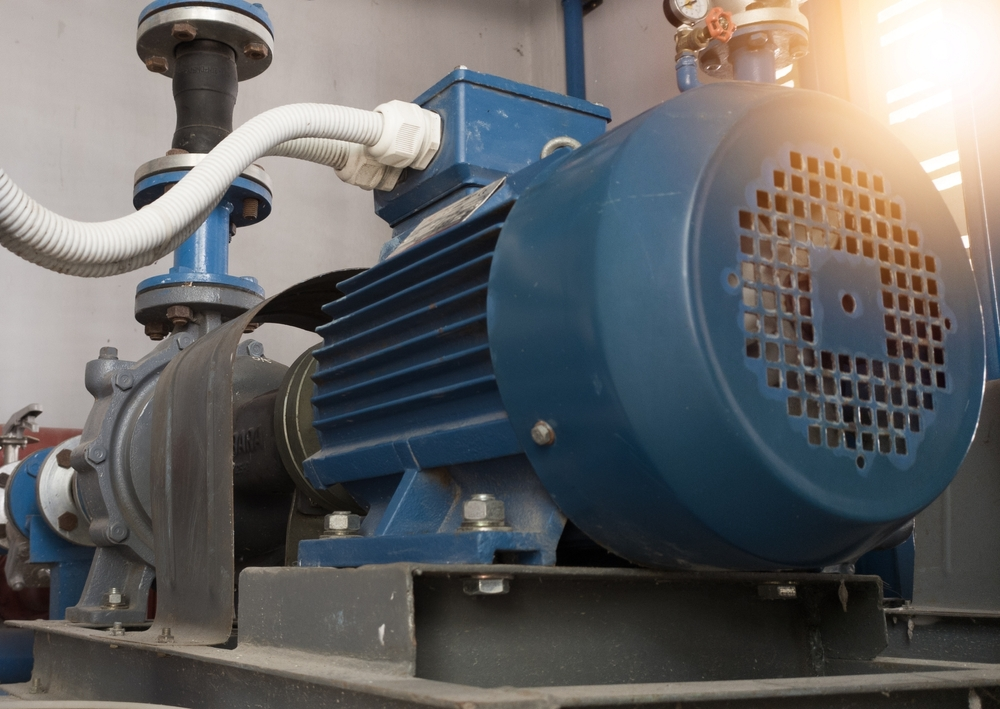
Choosing the right water transfer pump for heavy-duty industrial use can greatly impact your operations. To select the best pump, you need to consider factors like flow rate, power source, and construction quality. This guarantees that your equipment will handle significant workloads and last over time. Whether you are dealing with wastewater or irrigation needs, a well-chosen pump will facilitate smooth and efficient operations.
Consider what type of power source you require. Options typically include electric, gas, or diesel, each with its own benefits and limitations. For instance, if you need portability, a gas-powered pump might suit your needs, while electric pumps can be fitting for stationary applications where an outlet is available. Matching the pump capabilities with your specific industrial requirements is important to maximize productivity.
By selecting the right pump, you ensure that your operations run smoothly and efficiently, surpassing the demands of even the most challenging tasks. A well-chosen pump minimizes downtime, boosts overall productivity, and lowers long-term maintenance costs. It’s also essential to opt for a model made from high-quality materials that can endure the tough conditions typical in industrial settings. A durable pump ensures that your equipment continues to perform reliably, even under constant stress. If you need such a pump, you can click here to find high-performance water transfer pumps designed to handle demanding applications. Choosing the right pump not only enhances operational efficiency but also reduces the risk of equipment failure, saving you time and money in the long run.
Identifying Industrial Pump Requirements
Selecting the right water transfer pump for industrial use involves understanding the specific needs related to the fluid being pumped, the necessary flow rate, pressure, and environmental conditions. Each factor is important in finding a pump that provides efficient and effective operation.
Analyzing Fluid Characteristics
Begin by identifying the type of fluid you’ll be pumping. Different fluids require different types of pumps. If you’re dealing with water, the pump requirements will differ compared to those for chemicals or slurry.
Check for fluid temperature and chemical composition. These characteristics impact the materials you should choose for the pump and its components. High temperatures or corrosive chemicals often need specialized materials.
Consider particles or solids in the fluid. A pump designed for clear water may not handle solids effectively. Pumps with impellers and casings can deal with debris without damage. Assess these factors carefully to pick a pump with the right specifications.
Determining Flow Rate and Pressure Needs
Another key consideration is the flow rate. This is how much fluid the pump needs to move in a given time, usually measured in gallons per minute (GPM) or liters per hour. Evaluate your operational needs to determine an adequate flow rate for your application.
You also need to decide the desired pressure or head lift. The pressure requirement will dictate the pump capacity and power needed. High-pressure applications often necessitate larger or more powerful pumps.
Keep in mind that flow and pressure needs can vary based on system changes or scale. Match these parameters to guarantee smooth and efficient operation while avoiding underperformance or overburdening the pump.
Understanding Environmental Factors
Environmental conditions can greatly influence pump selection. If the pump will be used outdoors, it must withstand weather conditions like rain or extreme temperatures.
Consider access to power sources, as you may need an electric or fuel-driven pump, depending on availability. Locations with consistent power may benefit from electric pumps, while remote areas might need gas or diesel options.
Noise levels are another aspect of the pump operating in areas sensitive to sound. Some models offer quiet operation, which can be beneficial in certain environments. Evaluate these factors to select the most appropriate pump for your needs.
Evaluating Pump Specifications
Several key specifications are important when selecting a water transfer pump for industrial use. Consider material compatibility, pump type, maintenance and operational costs, and the manufacturer’s reputation. Understanding these factors will help guarantee you choose a pump that best fits your needs.
Material Compatibility and Durability
Material compatibility is a top consideration when choosing a pump. You need to guarantee that the pump materials are suitable for the liquids being transferred. Pumps made of stainless steel or high-grade plastics can resist corrosion and chemical damage, increasing the pump’s life span.
Durability affects the length of time the pump will operate efficiently. Regular exposure to harsh substances can lead to wear and tear if the wrong materials are used. Always check for specifications that highlight resistance to abrasive or corrosive substances, and choose materials that match the conditions in which the pump will operate.
Pump Type and Mechanism
Different pump types have unique mechanisms and are suited for various applications. Consider centrifugal pumps for high-flow, low-pressure situations. They move water using rotational energy and are common in many industrial applications.
Positive displacement pumps, on the other hand, are known for their ability to handle high-viscosity fluids effectively. These pumps provide a steady flow and are often used in specialized environments. Understanding the specific mechanism and functionality of each pump type guarantees that you select the most efficient option for your requirements.
Maintenance and Operational Costs
Operational costs can greatly vary depending on the pump model. It’s important to consider both short-term maintenance expenses and long-term operational costs. Regular maintenance is important for smooth operation and extends the longevity of your pump.
Be sure to account for costs related to parts, downtime during repairs, and energy consumption. Energy efficiency can significantly affect costs, so you might opt for pumps that provide savings on power bills.
Manufacturer Reputation and Support
The reputation and support offerings of a manufacturer can impact your buying decision. Working with manufacturers who have a solid track record in water pump production can mean better quality products and post-purchase support.
Consider a company that offers informative resources, easy access to spare parts, and customer service. Some manufacturers also provide warranties, adding assurance and value. Make sure to review these aspects when evaluating pump specifications.
Conclusion
When selecting a water transfer pump for heavy-duty industrial use, consider a few key factors. The flow rate, often measured in gallons per minute (GPM), dictates the pump’s efficiency and how quickly it can move water.
Another important aspect is the head height, which indicates how high the pump can lift water.
Guarantee that the power source for your pump meets your site’s requirements. Options usually include electric, gas, or diesel-powered pumps.
Choose a pump material suited for your specific application. For instance, cast iron is often used for its durability in industrial settings with non-corrosive fluids and mechanical impact resistance.
By carefully evaluating these considerations, you can select a pump that matches your industrial needs.

